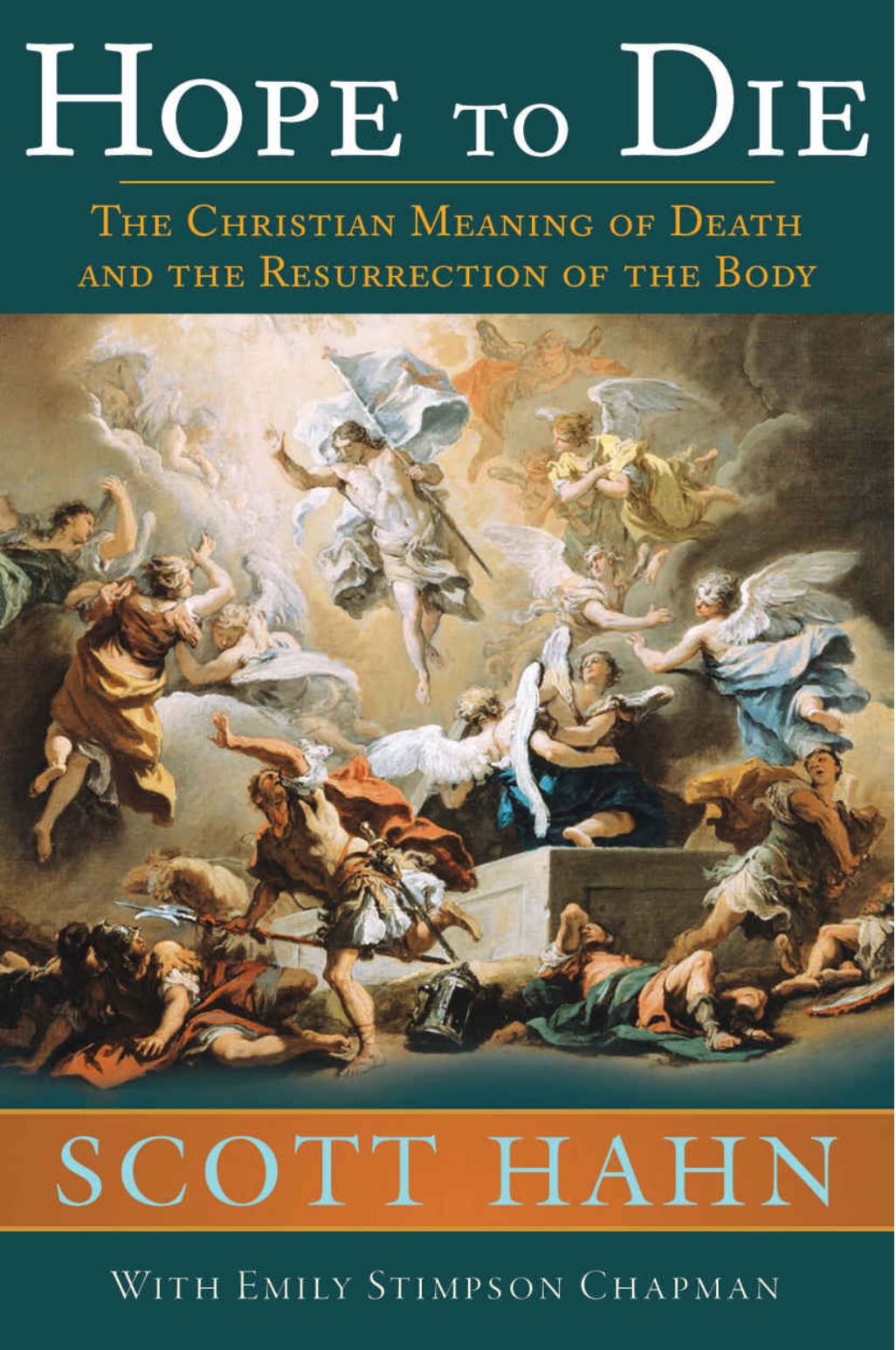(Ed. sacrament = a visible sign of God’s grace.)
“St. Athanasius explains:
‘What else could he possibly do, being God, but renew His image in mankind? And how could this be done save by the coming of the very Image Himself, our Savior Jesus Christ? Men could not have done it, for they are only made after the Image; nor could angels have done it, for they are not the images of God. The Word of God came in His own Person, because it was He alone, the Image of the Father, Who could recreate man made after the Image.’
-Athanasius, On the Incarnation, 39–41
Zoe/Ζωή, in many ways, is the ultimate gift of the Incarnation. It is the ultimate reason for the Incarnation. It’s the why behind Jesus coming. But, unlike the new dignity all bodies take on through the Incarnation, zoe/Ζωή isn’t imparted to all people automatically. It’s imparted through Baptism.
In Baptism, we are born anew, receiving what Adam lost—the gift of divine life—into our souls once more. It’s easy to dismiss Baptism as a mere symbol, but when you understand the difference between bios/βιο and zoe/Ζωή and between physical death and spiritual death, it becomes clear that the Sacrament of Baptism is more than figurative or symbolic. There is an ontological reality to our resurrection.
In the waters of Baptism, we die and rise by being united to Christ’s resurrected body. The divine life is restored to us so that the newly baptized person is more resurrected than Lazarus was. Lazarus got his natural, physical life back after four days. But in Baptism, we get our supernatural and divine life back, the life that Adam lost in the very beginning of time.
Baptism makes it possible for us to live the life for which God made us—a life that is more than natural—that is, in fact, supernatural. It also makes it possible for us to live a more fully human life, to enter more deeply into those things that make this earthly life worth living and have richer, more intimate connections with family and friends.
But Baptism doesn’t just affect our souls; it affects our bodies, too.
In all the sacraments, sanctifying grace—God’s own life— comes to us through our bodies. In Baptism, in Confirmation, in Marriage, in Holy Orders, and above all, in the Eucharist, God’s life enters into these bodies of ours through matter—water, wine, oil, a bishop’s hands, a spouse’s body— restoring the divine life that was lost by Adam and strengthening it within us. That grace divinizes our bodies. It makes them holy. It makes them temples. “Do you not know that you are God’s temple and that God’s Spirit dwells in you?” asks Paul in 1 Corinthians 3:16.
In every single baptized person who is not in a state of mortal sin, God lives. He dwells within us. All human life is sacred because it is a gift from God and because man is made in the image of God. But the bodies of the baptized have a holiness that comes from the sanctifying grace abiding within them. As C. S. Lewis once remarked in his famous lecture, “The Weight of Glory”:
‘Next to the Blessed Sacrament itself, your neighbor is the holiest object presented to your senses. If he is your Christian neighbor, he is holy in almost the same way [as the Blessed Sacrament], for in him also Christ vere latitat—the glorifier and the glorified, Glory Himself, is truly hidden.’
-C. S. Lewis, “The Weight of Glory,” The Weight of Glory and Other Addresses (New York: Macmillan, 1980), 19.
Importantly, the holiness of the baptized body doesn’t end with death. Grace continues to linger in the bodies and bones of those united to Christ. That’s why Catholic cemeteries are considered holy ground. The bodies of the baptized are buried there. And those bodies are the seed of the resurrected body.
Jesus promises to transform our resurrected bodies, to glorify them, to deify them. “As was the man of dust, so are those who are of the dust,” writes St. Paul, “and as is the man of heaven, so are those who are of heaven. Just as we have borne the image of the man of dust, we shall also bear the image of the man of heaven” (1 Cor 15:48–49).
This promise of resurrection is our hope. It is that on which we stake our life. It is what enables us, as Christians, to face death with courage and joy.”
Love & Resurrection,
Matthew

